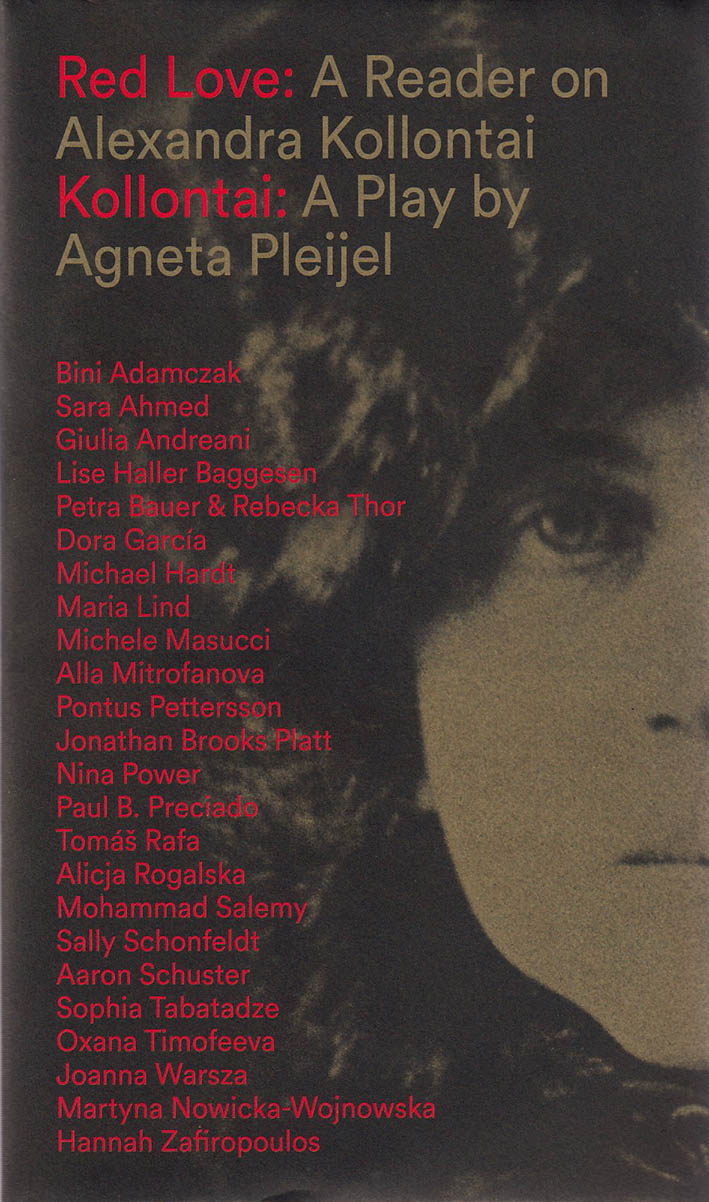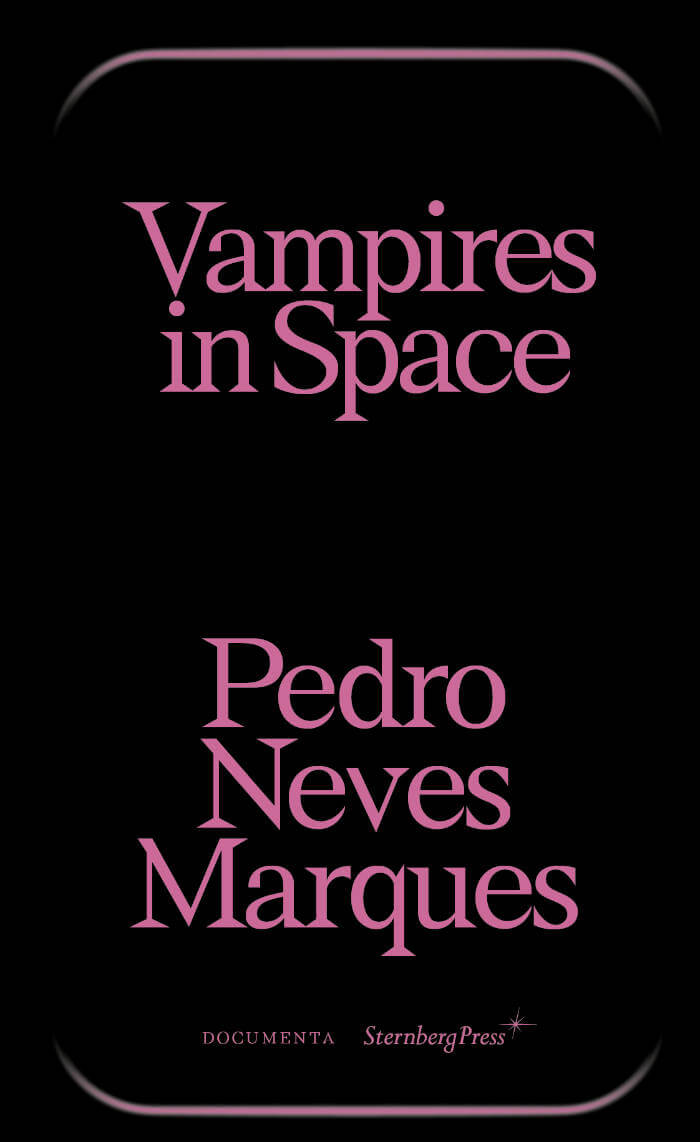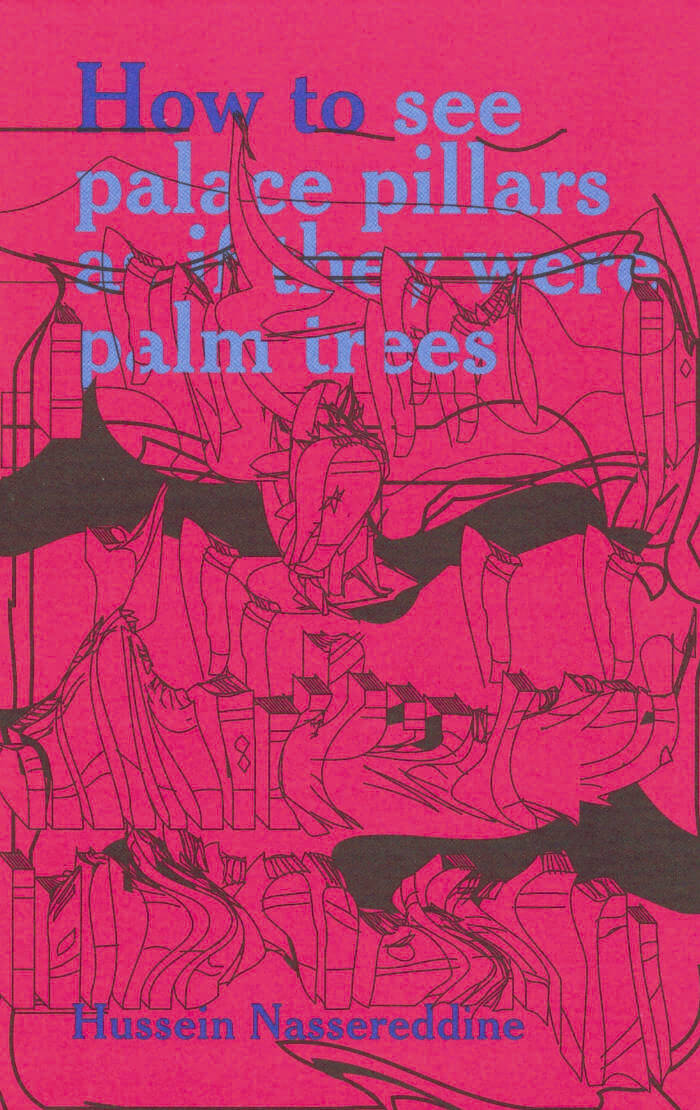
Red Love: A Reader on Alexandra Kollontai / Kollantai: A Play by Agneta Pleijel
Joanna Warsza ed. , Michele Massucci ed. , Maria Lind ed.
Alexandra Kollontai was a Russian revolutionary who was appointed commissar of social welfare after the October Revolution and later one of the world’s first woman ambassadors. She fought for abortion rights, secularized marriage, and paid maternity leave—and considered “comradely love” to be a political force. This reader, in which artists and thinkers revisit Kollontai’s legacy in light of current feminist struggles, stems from a research project by CuratorLab at Konstfack and Tensta konsthall that accompanied Dora García’s exhibition “Red Love.” It also features the first English translation of the 1977 biographical play Kollontai by Swedish writer Agneta Pleijel.
Edited by MARIA LIND, MICHELE MASUCCI, JOANNA WARSZA
Contributions by BINI ADAMCZAK, SARA AHMED, GIULIA ANDREANI, LISE HALLER BAGGESEN, DORA GARCÍA, MICHAEL HARDT, MARIA LIND, MICHELE MASUCCI, ALLA MITROFANOVA, MARTYNA NOWICKA-WOJNOWSKA, PONTUS PETTERSSON, JONATHAN BROOKS PLATT, AGNETA PLEIJEL, NINA POWER, PAUL B. PRECIADO, THOMAS RAFA, ALICJA ROGALSKA, MOHAMMAD SALEMY, SALLY SCHONFELDT, AARON SCHUSTER, SOPHIA TABATADZE, PETRA BAUER & REBECKA THOR, OXANA TIMOFEEVA, JOANNA WARSZA, HANNAH ZAFIROPOULOS







